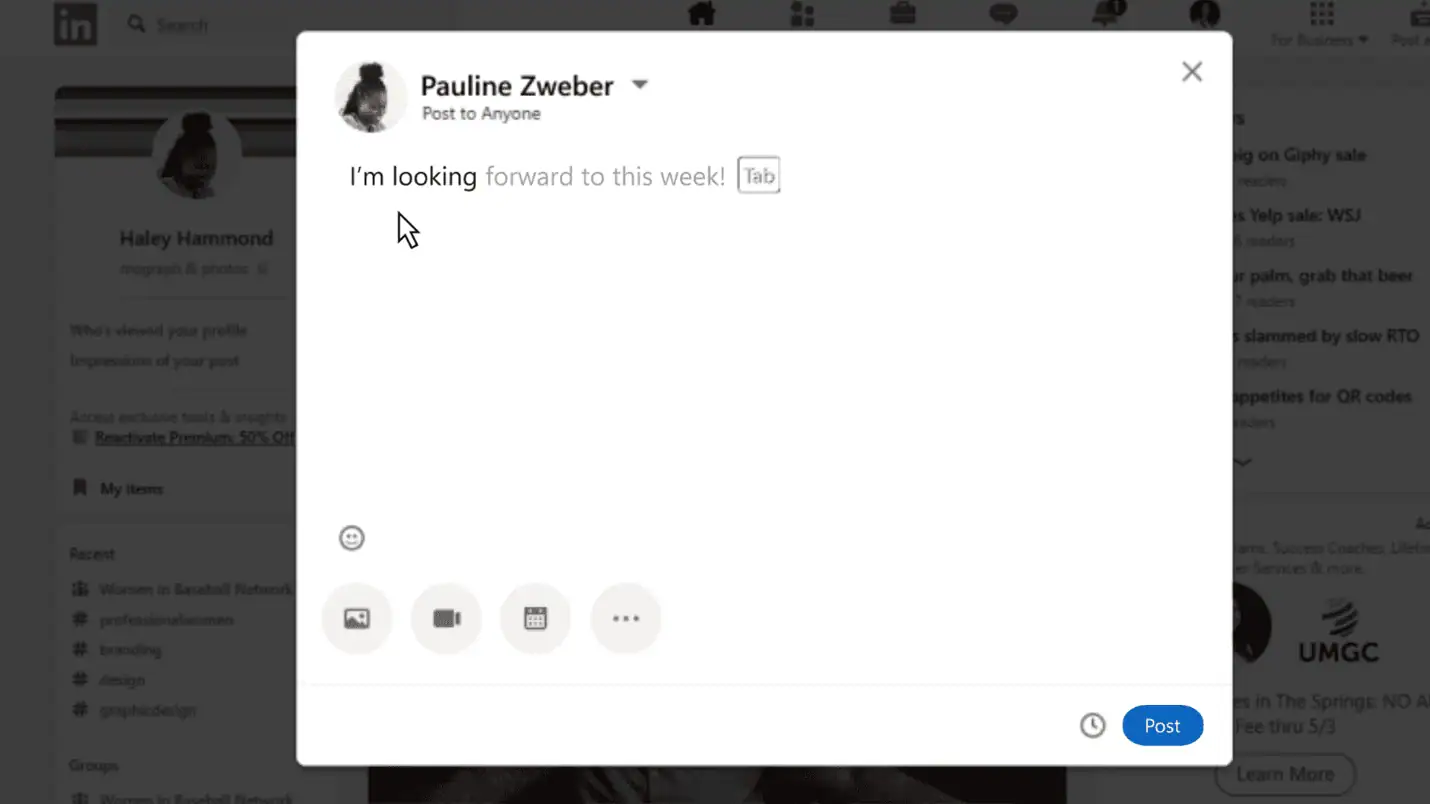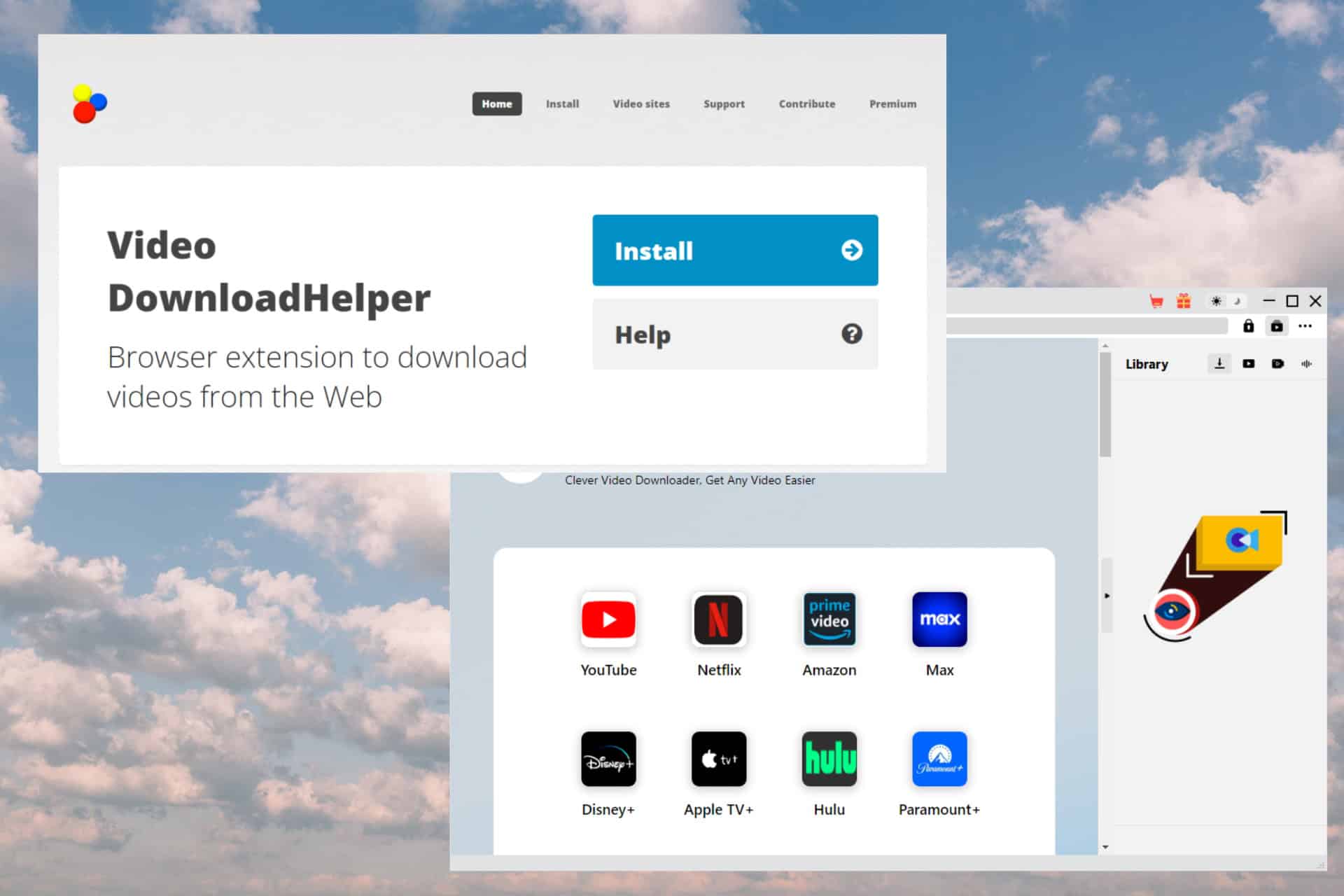Meta to end sharing of “publicly available” private home addresses
2 min. read
Published on
Read our disclosure page to find out how can you help MSPoweruser sustain the editorial team Read more

Access to private information, especially addresses, is one of the most severe issues on various platforms online. When used for journalism, civic activism, and other public discourse, such a bit of info can be helpful. But in terms of doxxing for the purpose of stirring a harassment campaign for an individual, acquisition of the said info can be problematic. With this, Meta sought the policy advisory of the Oversight Board on how it should handle the sharing of private residential information of users.
“Meta has requested guidance on this policy from the board because we found it significant and difficult as it creates tension between our values of voice and safety,” Meta writes in its Transparency Center post. “Access to residential addresses can be an important tool for journalism, civic activism, and other public discourse. However, exposing this information without consent can also create a risk to an individual’s safety and infringe on privacy.”
Meta reported some of the recommendations it will be implementing after the response received by the Board. It includes the removal of the exception to the Privacy Violations policy that allows the sharing of private residential information considered “publicly available.” As per Meta’s standard, this means information available on five or more news sources. According to Meta, although this would mean that the information will still be “publicly available elsewhere,” it “can strengthen privacy protections” on its platforms.
The said implementation will also include the permission to share private residence external view imagery. According to Meta, the photo will be allowed if used as the focus of the news story. If the image is shared for the purpose of organizing protests against the resident, however, it will be a different case. The company says the anticipated implementation of the said changes could be by the end of the year.
In relation to the recommendation mentioned above, Meta will accept the Board’s advice to “allow the publication of addresses and imagery of official residences provided to high-ranking government officials.”
“We will allow for the organization of protests at publicly-owned official residences on Facebook and Instagram,” Meta says, “in cases where we can accurately identify these locations.”








